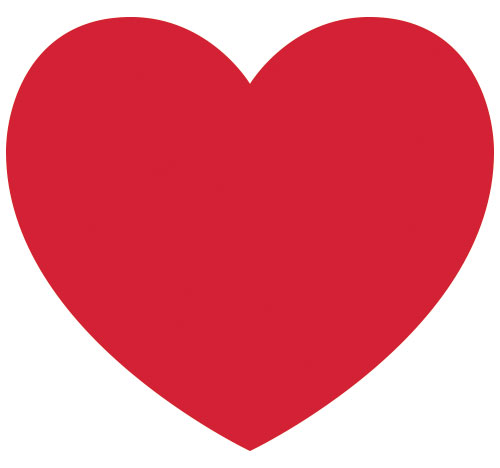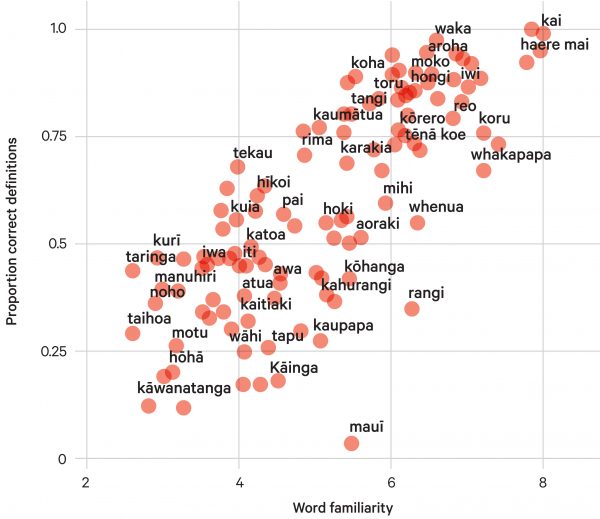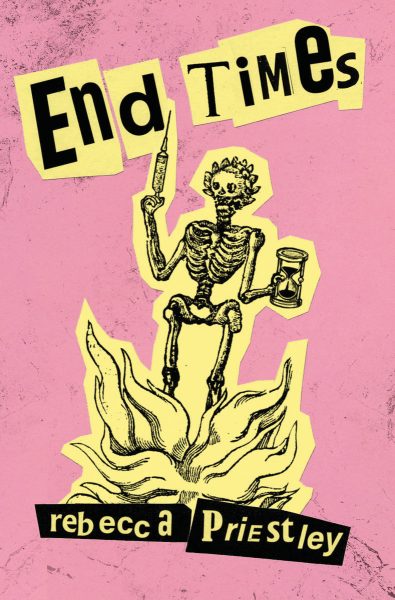This is your brain on clutter
A new experiment suggests the human perception of time is influenced by what we’re looking at. To test this, scientists from George Mason University in the US state of Virginia sorted dozens of images into various categories—a full pantry was “high clutter”, for example, while shots of clouds or empty rooms were “low clutter”. Some images were also categorised as “memorable”—like a close-up of a child laughing. The team flashed the images at participants, asking each to report whether the picture was up for a long or short time, or to hold down a button for the same length of time the image had been up. Over four experiments, the cluttered pictures seemed to zoom past, while the more memorable seemed to linger. Likewise, “larger” images—a stadium, or a pulled-back landscape—dilated the experience of time. One theory presented in the scientists’ paper, published in Nature Human Behaviour, is that this is because our brains are instinctively plotting the body’s movement through space: perhaps a larger image just takes longer to mentally “walk through”. But why would a cluttered picture, like this aerial shot of moviegoers at Auckland’s Silo Park, seem to pass by at warp speed? Perhaps, says one of the authors, cognitive neuroscientist Martin Wiener, this is because our brains simply struggle to process clutter—we skip over it to some degree. (He notes, too, that in the real world these results may differ, depending on what a person is doing and the nature of what they’re looking at.) More importantly: If clutter compresses time, does that mean that your messy co-worker experiences a shorter workday than you, with your immaculate desk? “Ha!” laughs Wiener, “I have no idea.” Stopping to think about it, though, he suggests you would each be accustomed to your respective setups—so each day would feel pretty standard. However: “If you had to work at their desk for a day, then perhaps you’d feel like the day went by quicker—or that you didn’t get enough done.”























